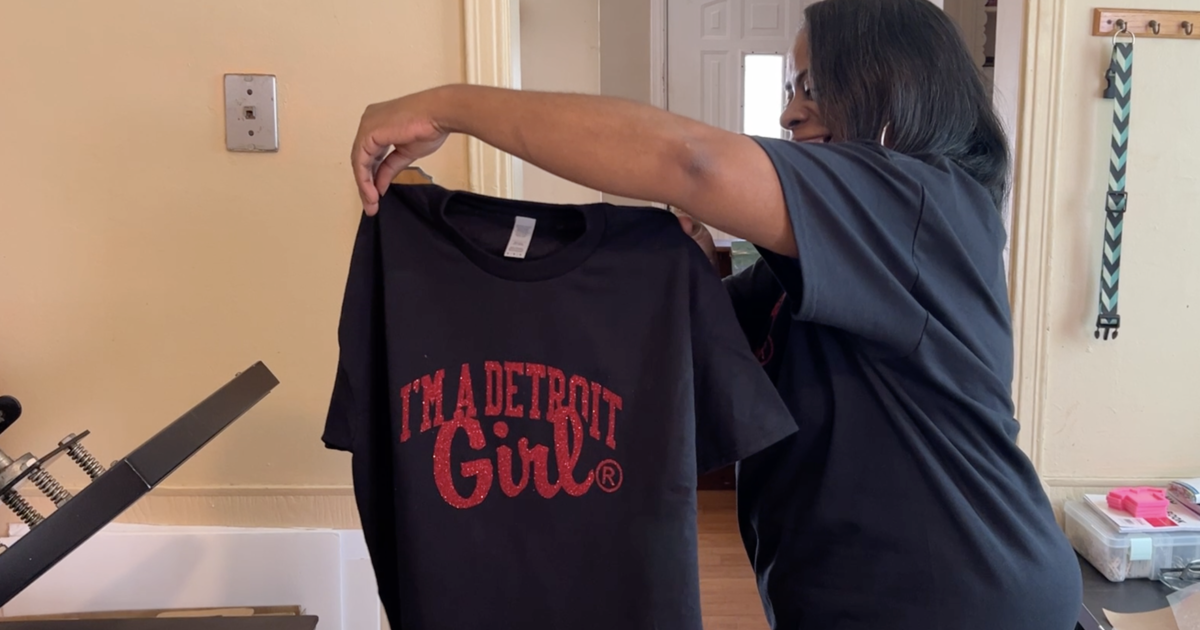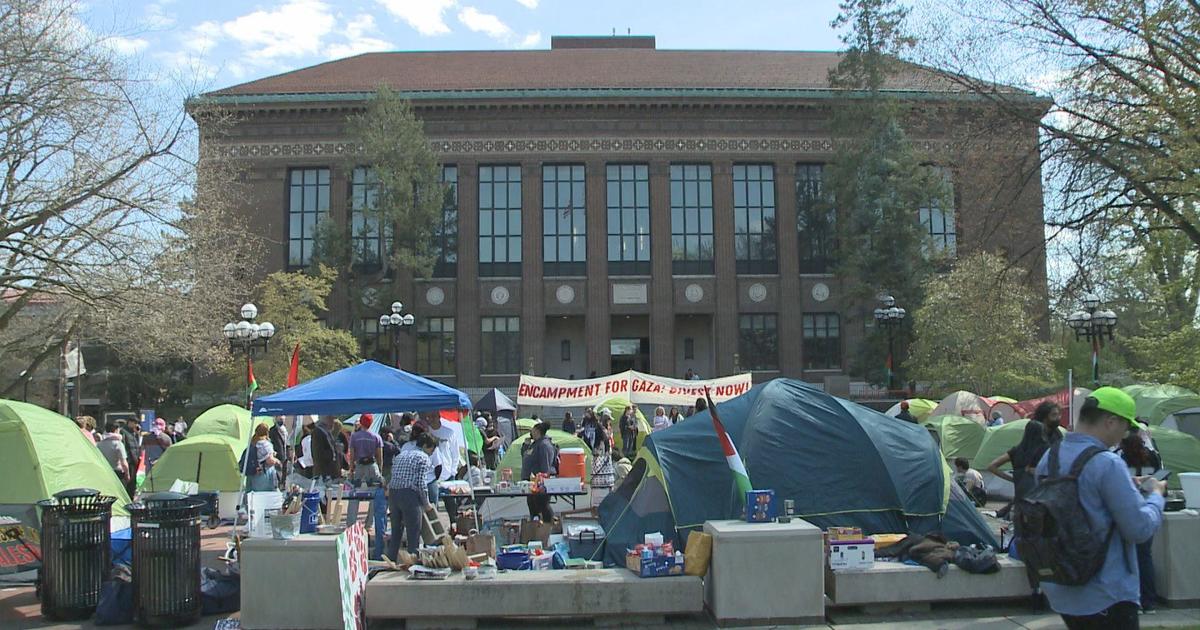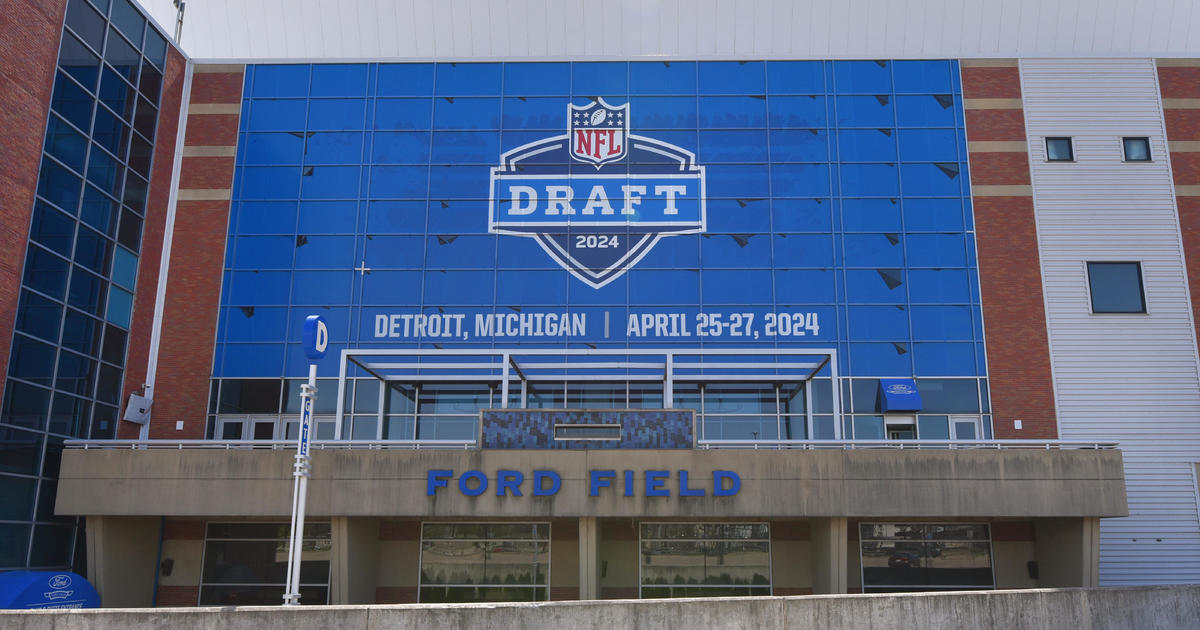Local Officials Skeptical Of Michigan Biz Tax Cuts
LANSING (AP) - Republican lawmakers have long wanted to get rid of a tax on equipment they say is keeping manufacturers from hiring more workers, but have been held back by the troublesome question of how to replace the money local governments, libraries and school districts stand to lose.
Now they think they have a solution: Replace about four out of every five dollars lost with money the state is expected to receive as tax credits expire for companies such as battery producers. But there's a hitch, since many local officials don't trust lawmakers to make up the lost funds.
The officials point out that the state plans to spend 26 percent less on revenue sharing in the next fiscal year than it did a decade ago as state revenues were diverted to other priorities during the decade-long economic crisis.
The Michigan Municipal League estimates the cuts cost local governments $4.2 billion between fiscal 2001 and 2011, forcing them to reduce police and fire services, park maintenance and personnel. School districts are getting 3 percent less annually than they did a decade ago, forcing them to lay off teachers, close buildings and charge students for more services. Libraries have lost nearly $10 million in state aid over that period.
Unlike revenue-sharing dollars, which come from taxes collected by the state and then doled out to cities, townships and counties, the money from personal property tax collections goes directly from businesses to local entities.
For cities, school districts and libraries whose tax base includes a lot of manufacturers, rolling back the tax could mean having to trust the state to replace a third or more of their annual budgets. Many local entities have sold bonds based on their ability to repay the borrowed money from personal property tax revenue. They fear they could lose that ability if the tax is phased out.
If lawmakers are going to phase out the tax, a coalition of local officials say a constitutional amendment should be passed requiring the state to make sure cities, school districts and libraries get most or all of the money they're getting now. Local government leaders have seen how revenue-sharing dollars protected in the Michigan Constitution have continued to flow, while lawmakers cut revenue-sharing dollars allocated by statute over the past decade.
"Under the Senate bills, the Legislature and governor would basically take hundreds of millions of local tax revenues from local communities and schools, and give future legislatures and governors new powers to keep the money or decide if any of the funds are ever returned to local communities and schools," Michigan Municipal League CEO Dan Gilmartin said in a release. "Local taxpayers deserve a legal guarantee, a constitutional amendment, that the funds are going to be replaced."
Sterling Heights officials warn they've already lost $27 million in tax revenues since 2008 because property tax values have dropped 40 percent. The city's share of state revenue sharing has been cut by $29 million since 2002, and gas tax revenues have fallen by $3.1 million since 2004.
If the package of bills released recently caused the city to lose even a portion of the $9.2 million it gets in personal property tax revenue, the result would be even more cuts to city personnel and services, city officials say.
Manufacturers argue that they're paying more in taxes under the corporate income tax pushed through last year by Gov. Rick Snyder and GOP lawmakers and need some relief. Many large manufacturers got tax breaks under the old Michigan Business Tax that no longer exist in the new business tax structure. So even though business tax revenues are dropping by $1 billion this fiscal year and should drop by $1.8 billion next year, some companies aren't benefiting.
They argue eliminating the personal property tax is one way to lower their costs. Michigan is one of the few Midwestern states that tax manufacturing equipment. Indiana is the only adjoining state to do so.
"The manufacturing equipment tax is a $400 million barrier to economic growth in Michigan," Michigan Manufacturers Association Vice President Mike Johnston said recently. "It discourages new investment and leaves existing manufacturers in Michigan at a competitive disadvantage."
Under the Senate bills, a personal property tax exemption starting in 2013 would be given to businesses with industrial and commercial personal property with a taxable value of less than $40,000. Republicans estimated that would eliminate the personal property tax for roughly 75 percent of all industrial and commercial taxpayers.
Exemptions for companies with larger-scale manufacturing and industrial equipment would begin in 2016. Overall, about $470 million less in tax revenue would be taken in each year from businesses once the exemption is fully phased in over seven years.
Republican Lt. Gov. Brian Calley recently told a Senate panel he's confident the state will be able to make up the money the exemption will cost local entities with other state funds. But many local leaders aren't reassured, and most Democratic lawmakers oppose the changes.
"Republicans already rushed through a wholesale overhaul of Michigan's tax structure that gave a $1.8 billion handout to large corporation last year," Senate Democratic Leader Gretchen Whitmer of East Lansing said this past week.
"This legislation would take ... more away from our schools, our public safety and our neighborhoods and hand it over to businesses with no questions asked (and) no promises of new jobs."
© Copyright 2011 The Associated Press. All Rights Reserved. This material may not be published, broadcast, rewritten or redistributed.



